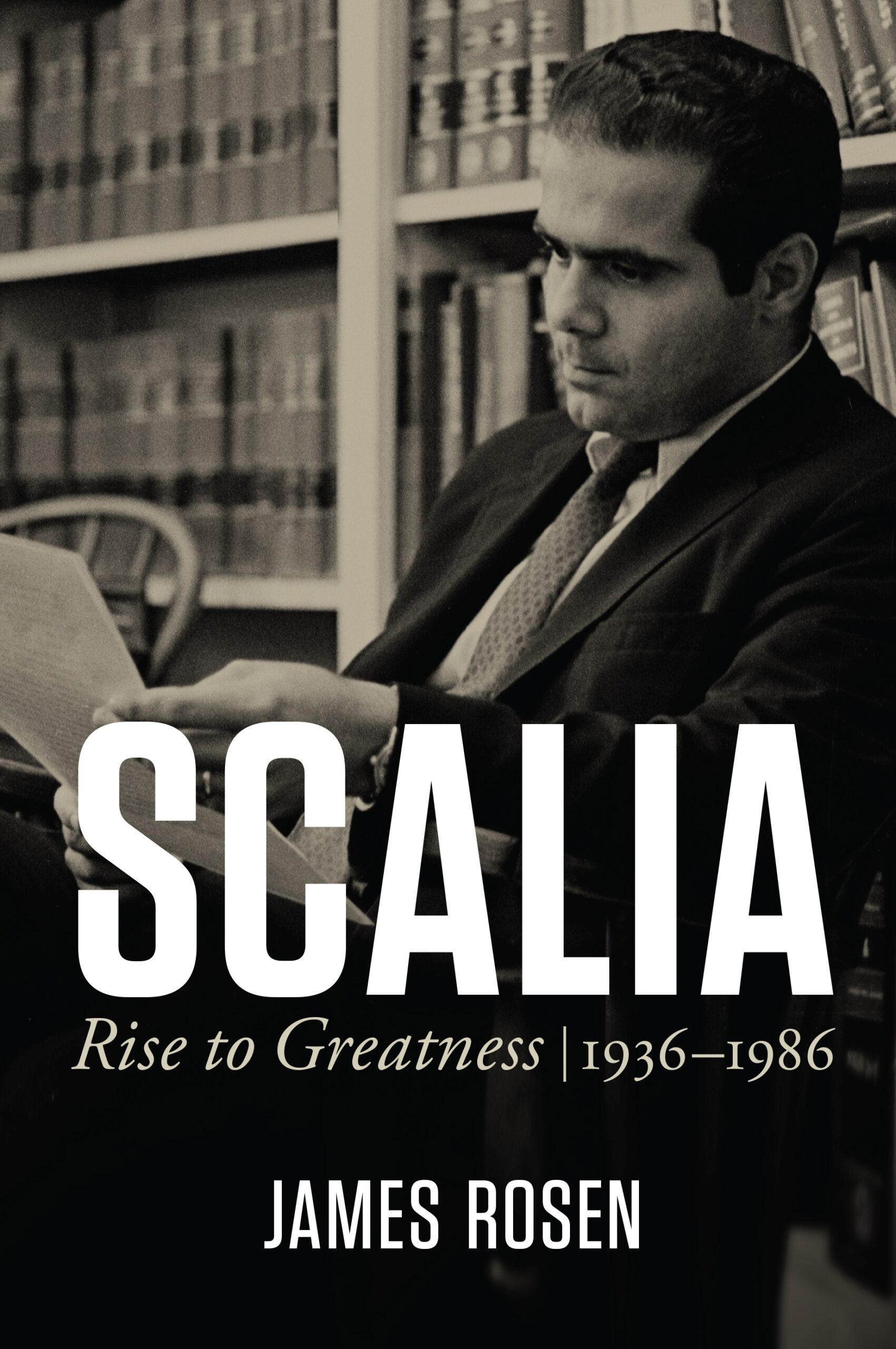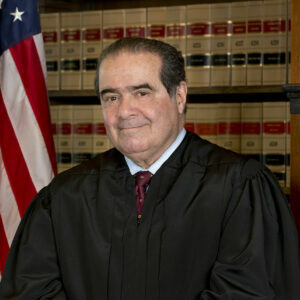When did the ambition to sit on the Supreme Court first burn within Antonin Scalia?
It was the lone mystery surrounding the late justice after his death from natural causes in February 2016 — 29 terms on the court had brought controversy but no hint of scandal — and it has now been solved.
Scalia sought to throw the hounds off the trail. In April 1986, when Judge Scalia was serving on the Court of Appeals for the District of Columbia Circuit, two months away from being nominated to the Supreme Court, C-SPAN’s Brian Lamb, a longtime friend, asked if he had ever wanted to be a judge prior to becoming one in 1982.
 “Until the time when it was offered,” Scalia replied, “I really hadn’t thought of it.”
“Until the time when it was offered,” Scalia replied, “I really hadn’t thought of it.”
Ten months later, Justice Scalia told a New Orleans audience: “I had the unrealistic ambition of being a federal judge back in 1960.”
Yet, his yearning for the court originated even earlier. This revelation comes from an unimpeachable witness: Father Robert Connor, the Catholic priest whose close friendship with Scalia, despite a quarter-century-long dormancy, stretched from boyhood to old age.
As Connor recalled in a lengthy interview in 2020 — his first about his famous friend — he made a momentous decision in the summer of 1959 when he and Scalia were 23: to drop out of medical school and relocate to Rome to study Opus Dei.
Fearing for her son’s future, Connor’s mother asked his friend, Nino Scalia, valedictorian from their 1953 class at Xavier High School, to talk sense into him.
When Scalia entered the upstairs bedroom of Connor’s older brother in the family home in Jamaica, Queens, Connor was stunned to see him.
Father Connor: He says, “What are you doing?”… So I explained (Opus Dei) to him and he said to me, “Well, that sounds pretty good to me.”… I said, “What are you going to do?” And he says, “Oh, I’m going to the Supreme Court.” And I said, “Well, how are you going to do that?” And he said, “I’m … going to get a position in Cleveland with this law firm that’s well connected in Washington (Jones Day). … I will be sent to Washington, and then I will rise.”
Rosen: So that struck you as plausible, what he said — it wasn’t comical or fantastical?
Father Connor:: No, no, no, no, no. … Nino was driven. … Scalia had a sense of destiny.
Rosen: Do you think he regarded it as a divine calling?
Father Connor: I bet. … I mean, it’s sort of a convergence of two transcendental moments. … He came out to ask the question, “What are you doing?” And I said, “I’m going to God,” and he says, “I’m going to the Supreme Court.”
Justice Scalia’s staunchest defenders — his family, friends and clerks — always bristled at efforts to solve the mystery, lest they feed the false narrative, promulgated by Scalia’s critics, that his rise owed less to faith, industry and genius than to careerist cunning. The fact is that certain individuals are blessed to know their destiny early on. Charles Schulz, the creator of “Peanuts,” said he wanted to be a cartoonist at the age of 5.
Scalia was similarly blessed, and all Americans, beneficiaries of his towering legal legacy, should be grateful. As the justice told a Catholic University audience in 1999: “It is good to know where you came from. It is even better to know where you are going.”


